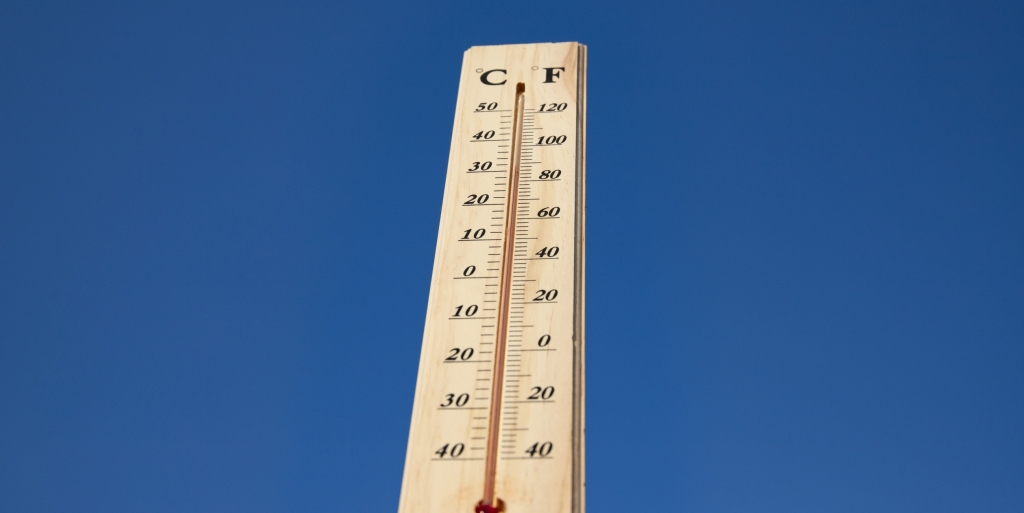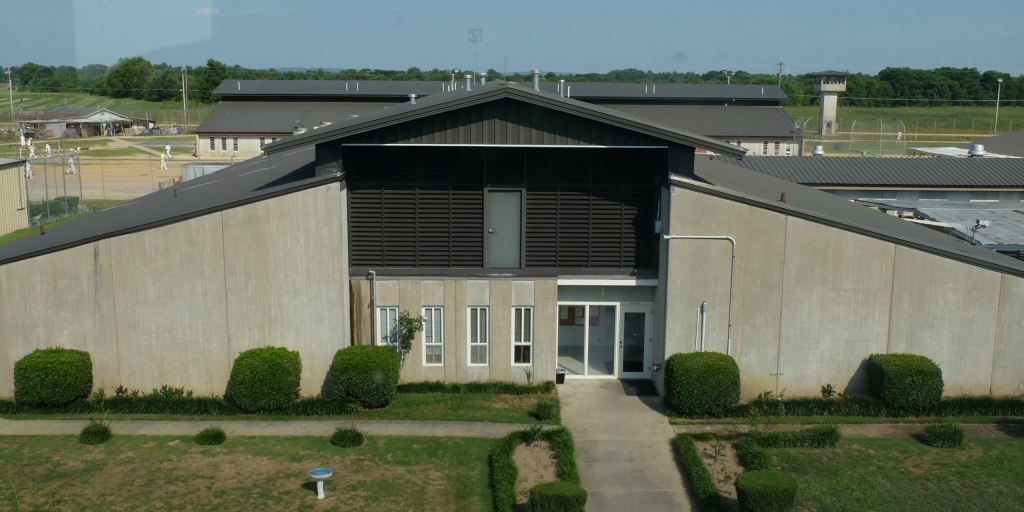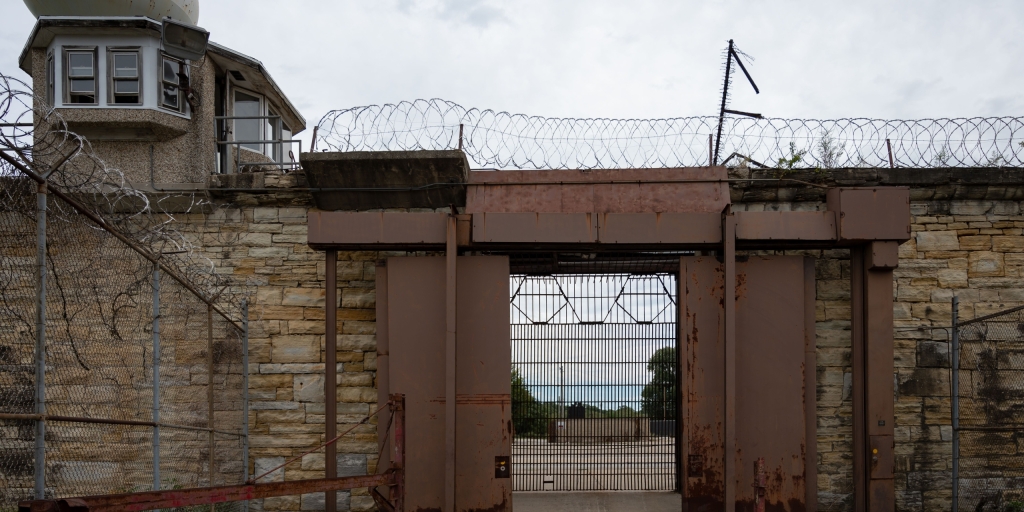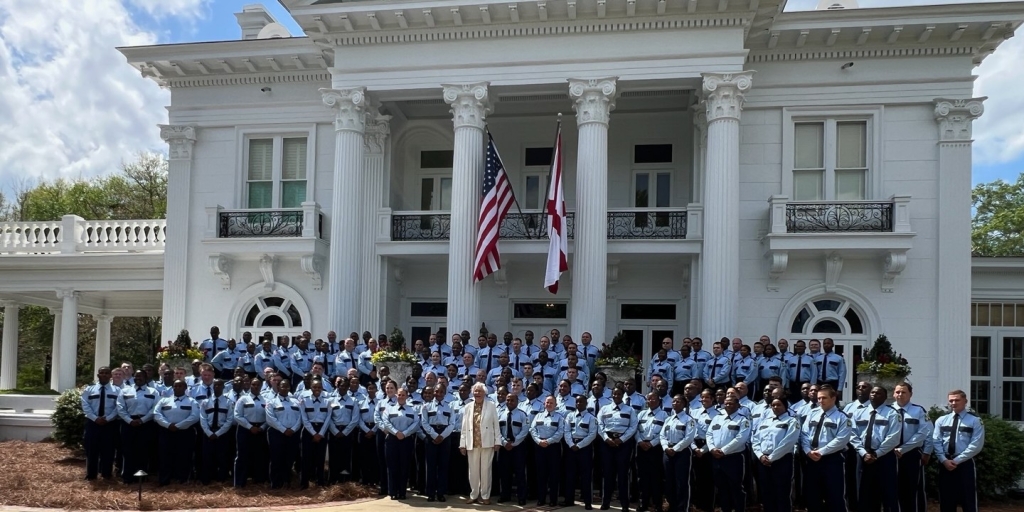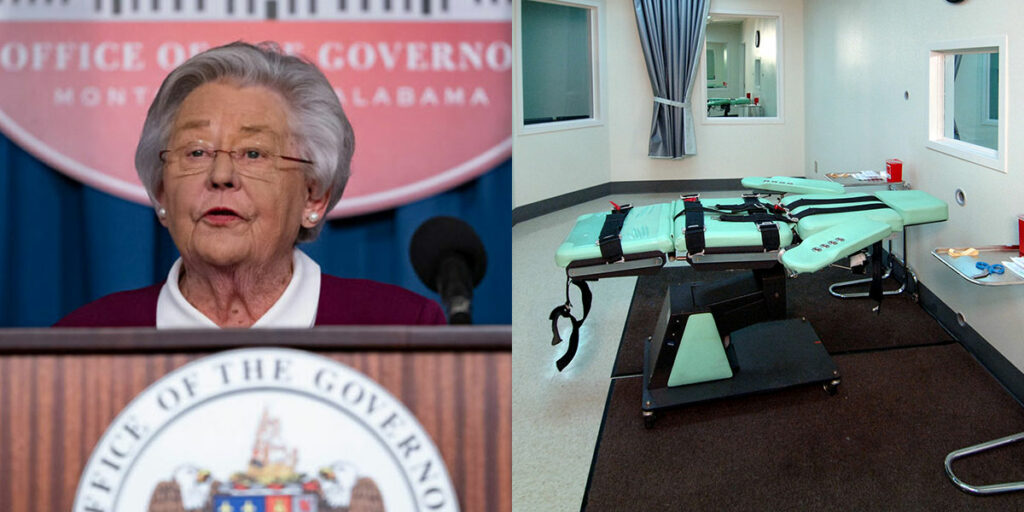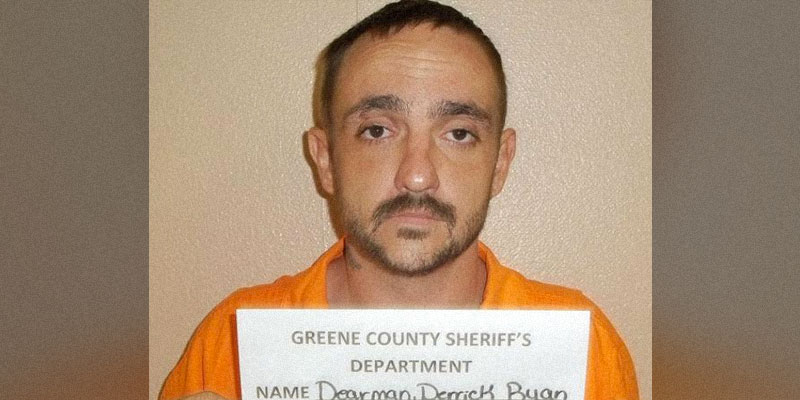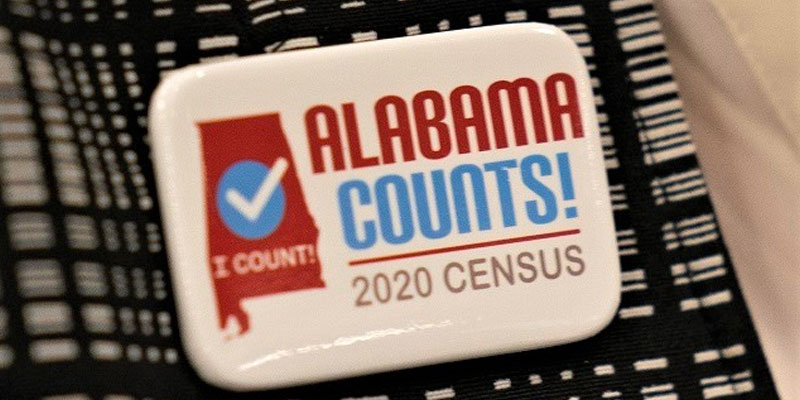For the better part of the last half-century, the State of Alabama has been grappling with the systemic problems within its prison system, struggling to pass muster with the federal government on numerous occasions.
The latest chapter in this saga is currently unfolding as Gov. Kay Ivey unveiled her plan for new prison construction, which involves leases through a public-private partnership, as the system is facing heightened scrutiny from the U.S. Department of Justice for alleged violation of the Eighth Amendment.
On Friday, Alabama Department of Corrections Commissioner Jeff Dunn discussed Ivey’s proposal in an interview with Mobile, AL radio’s FM Talk 106.5.
According to reports, the initial request for proposals put the total cost of the lease payments for the three prisons, which will be built in Bibb, Elmore and Escambia Counties, to cost as much as $88 million a year over 30 years.
Dunn said he could not divulge specifics about the terms of the lease as they are currently being negotiated.
“We are in that portion of the procurement process, in which we are negotiating those leases,” he explained. “I can’t say with any specificity right now what the end will be. But we have a very good team of experts, just like we’ve had throughout this whole process, and we are negotiating with the developer teams as we speak all of the details. And as those become available, we will share those.”
The proposal would create 10,000 new beds split among the three facilities. However, with a total prison population of 21,000, Dunn says some of the old facilities will have to remain in use.
“[T]his program is intended to address our most critical need, and that is in the area of the roughly 16,000 inmates, male inmates that we have that are classified as either medium or maximum-security inmates,” Dunn said. “The plan is to build these three news facilities … which will create approximately 10,000 beds. Then we are going to have to retain at least two of our current facilities to meet the required capacity for that portion of our inmate population. Now we have the female population that is another portion that we are building a plan to address. And then we have the work release, the minimum security inmates that reside in other facilities that we’re working to address the needs there. But this particular three-prison project is focused on the most dire need right now, which is those male inmates in what we call level four, level five, which are the medium and maximum-security prison.”
Dunn added that although it was not his intention to expand, there was area for expansion under this proposal if required. However, he suggested the system would put a larger emphasis on rehabilitation.
“One of the ways in which you can impact your prison population is through recidivism or that rate in which people come back to prison. Right now, ours is about one in three. About one in three inmates that leave our system eventually come back within three years. These new prisons are going to enable us to provide the rehabilitation, the treatment, the education, the vocational training to enable those inmates to return as productive citizens.”
As far as extricating the system from the scrutiny of the federal government, Dunn explained the new construction would provide the capability of addressing some of the Department of Justice’s concerns.
“I think that is certainly one of the major challenges that we face,” he said. “Alabama’s prison system has been in and out of federal court for years. Currently, we have several areas in which the federal courts or the Department of Justice is looking at our department. We have it in our women’s side. We have it on our male side with our level four and level five facilities. We have a current case for the mental health and medical. And so, we have got to do something to address the concerns of the federal court and the Department of Justice. I think this plan that we’re putting forth is the best option to bring us up to where we need to be. And we’re being very intentional in seeking to address the specific issues the court has raised.”
Among those concerns, Dunn said, were the abilities to address mental health and health concerns for older inmates.
“For all the sites, we’re in the very beginnings of working through any concerns,” he explained. “And I think when we are able to communicate all of the positives that these are going to bring — for instance, each site is somewhere between 2,800 and 3,000 construction jobs. It’s going to be additional jobs for the counties that these sites are in. There’s going to be benefits with respect to the services the prison will need that we rely on at the local and county level. There’s a lot of economic benefits to that. These prisons are going to be safe. They’re not going to create any security issue within the communities. All of those things that we’ll work to communicate.”
Dunn also mentioned a facility in southern Perry County near Uniontown would also be incorporated into the ADOC under this proposal.
@Jeff_Poor is a graduate of Auburn University and the University of South Alabama, the editor of Breitbart TV, a columnist for Mobile’s Lagniappe Weekly, and host of Mobile’s “The Jeff Poor Show” from 9 a.m.-12 p.m. on FM Talk 106.5.






